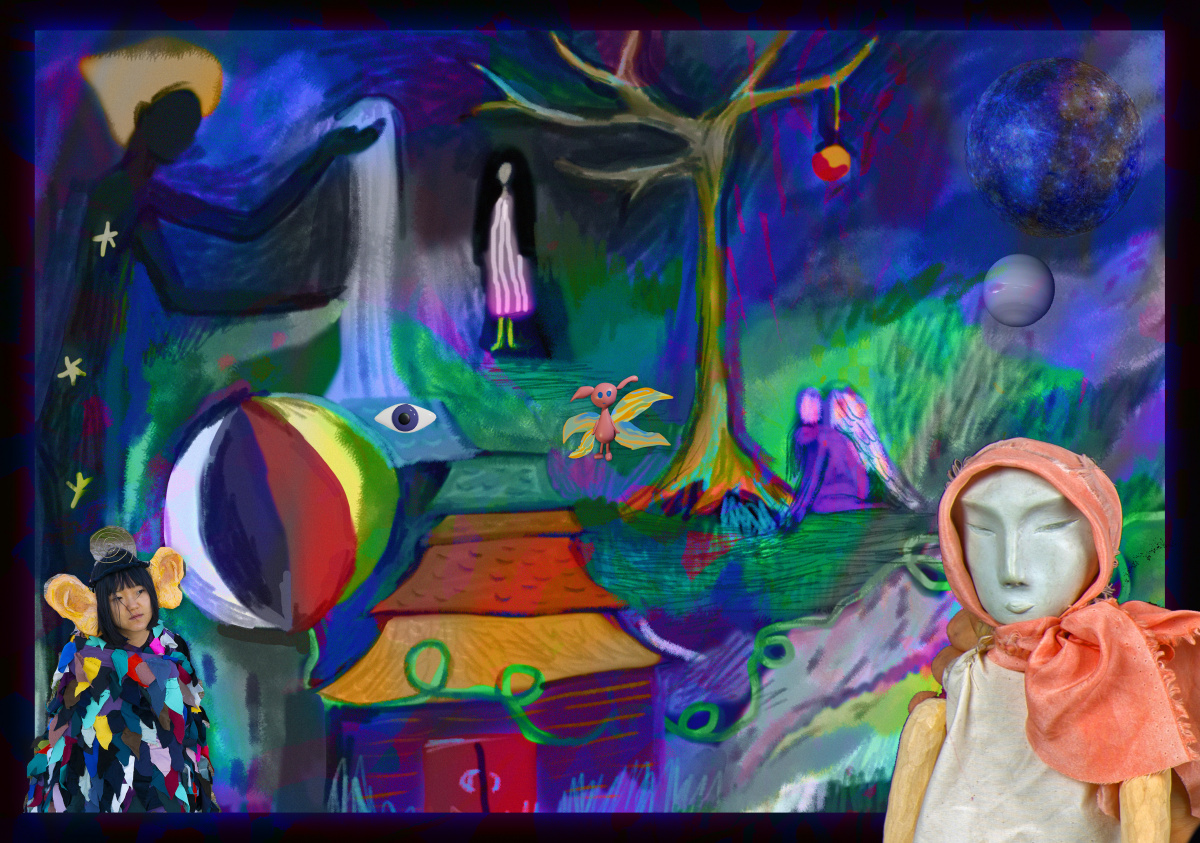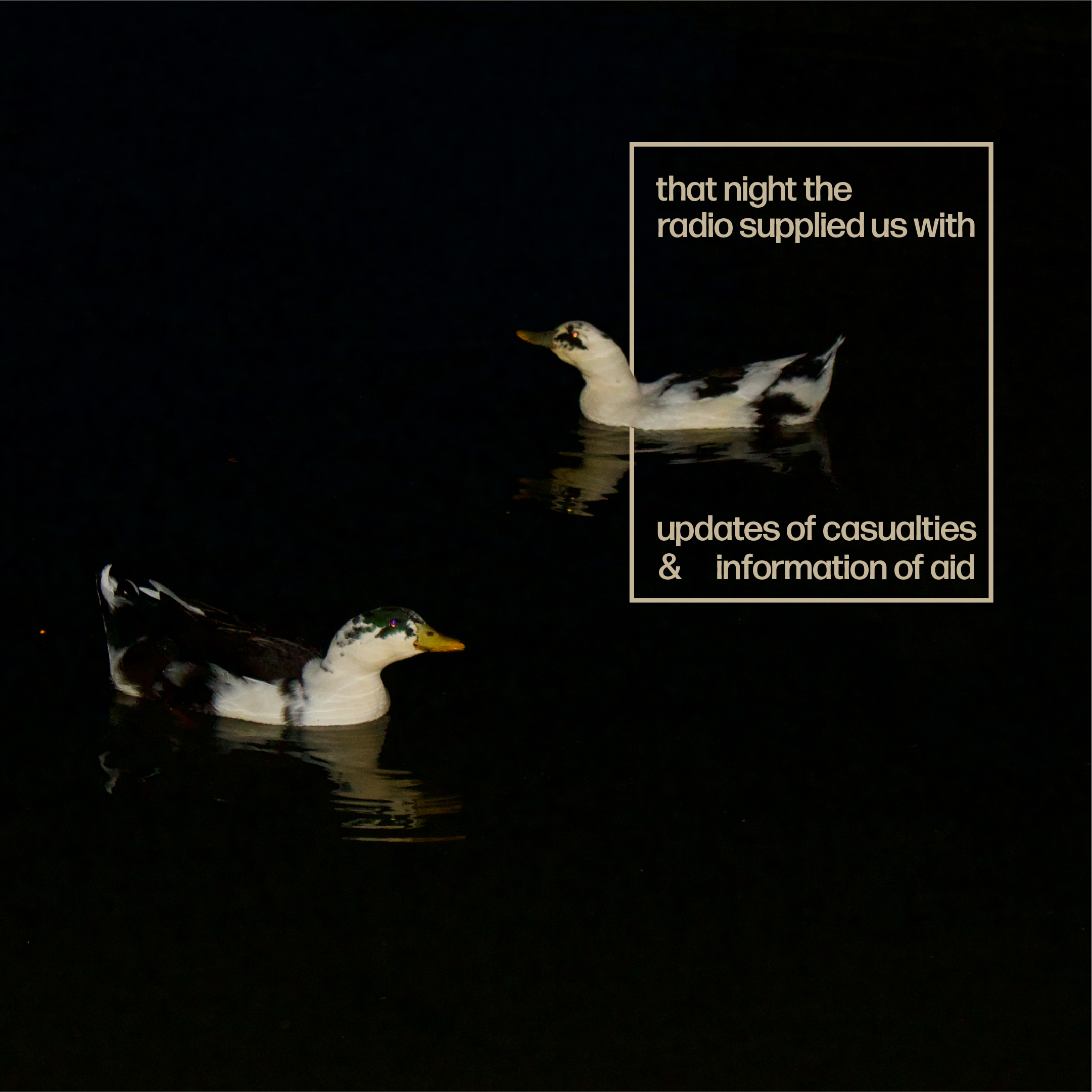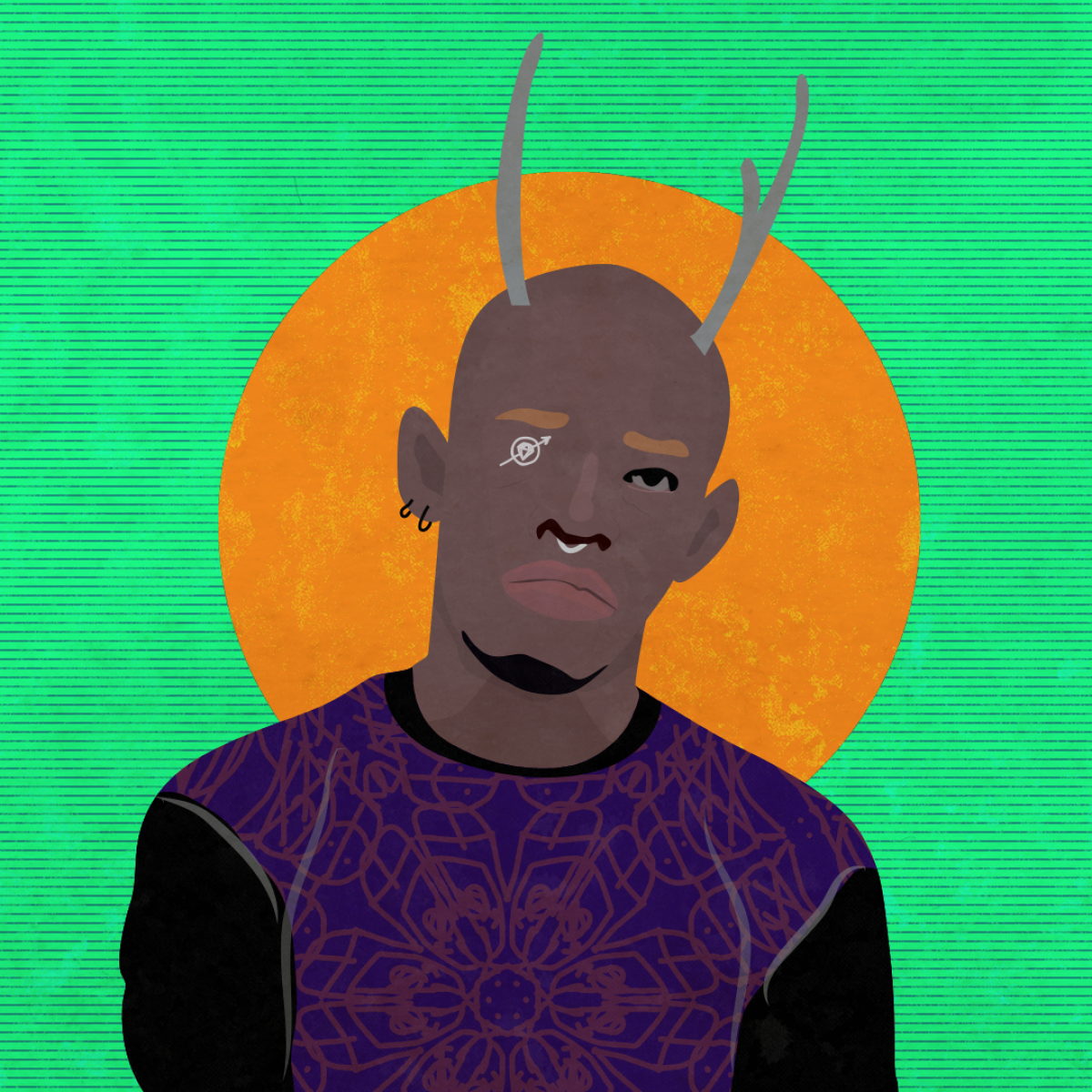
Connect or Divide: The Ambivalence of Radio
As a teenager, our writer experienced a natural disaster, and the only radio nearby united the survivors. Yet, as she learned in OneBeat’s Building Radio workshop, radio can also have dividing effects.
When I was 16, my hometown Yogyakarta was hit by a huge earthquake, killing 6,000 residents and displacing 600,000 others. My family and my neighbors were fortunately spared from the doom, as we lived quite far from the epicenter. The following night, all of the villagers, around 200, slept together under the stars at a clearing nearby. None of us dared to enter our houses as we were afraid another damaging shock would claim what was left from us and bury us alive under piles of debris.
I curled in an emergency blanket near my mother, my spine tried to get comfortable despite the gravel underneath our pandan mat, my eyes stared at the clear night sky. Our ears perked up like a dog’s, trying to catch news broadcasted through a battery-supplied radio rescued by one of the neighbors from a ruin of a house. The earthquake killed the electricity, water supply, and phone lines, sending the town into a total blackout. But one local radio station – usually only broadcasting evergreen songs – survived, and that night the station supplied us with updates of casualties and information of aid.
United by Radio
I remember thinking that all survivors that night must be listening to the same radio station with the same uneasy feeling. One radio station, airing through a region freshly damaged by a disaster, shrouded by a collective trauma. I told that story when I joined a session of OneBeat’s Radio Building workshop, when the artists of the residency were asked about their most impressive experience with radios.
I belong to the generation who considered radio stations the ultimate gatekeepers for music taste. I even learned my first English words from songs introduced to me by the hippest radio stations in town, songs that I illegally recorded using my beloved radio-tape to make countless mixtapes.
I thought all of the artists joining the workshop would ruminate fondly on radios in our lives. However, sound artist Connie Fu begged to differ. When she was a young girl, Connie suspected that her father avoided talking to her during a weekly 30 minutes car drive across the «non-scenic suburban Michigan highways» to her piano lesson, by turning on the radio. She felt that her father was building an impregnable wall of sound to mentally keep her away, once he turned on the car radio.
The Wall of Sound
«My dad would flip on the station and suddenly my ears would be filled with droning speech. I found these sounds to be grating to the ears, even nauseating», she said. Only after she told her story could I imagine that forcing someone else to listen to something out of our own curation could be a hurtful action. What would you choose: sitting through an awkward silence or being bombarded by sounds you don’t want to hear? It is astonishing to learn that radios can work as a glue for a disaster-hit community, but also upset a little girl who wanted so badly to have a mundane conversation with her father.
The next time I’m listening to a radio, maybe on a short taxi ride, I’ll remember that the evergreen songs or the news broadcasts emitted from the car speaker are the wall of sound that allows me to sit comfortably without having to endure an awkward silence with the driver. It would be similar to the wall of sound that mentally separated little Connie from her quiet father, but it also would be similar to the one that gave me and thousands of earthquake survivors the warm sense of unity on that one particularly starry night in Yogyakarta in 2006. After all, radios unite communities and alienate individuals around the world in their own unique, ever-evolving way.
This article is part of the Norient Special «Re-Making Tradition». It entails six essays that question the notion of tradition in music, and propose new ways of creating and practicing music collaboratively. It is based on experiences of the international OneBeat residency program in New York that took place in the summer and autumn of 2021.
Biography
Published on November 10, 2021
Last updated on June 28, 2023
Topics
How do musicians fill or widen the gap of feeling at home in a world that is radically unhomely?
From Bangladeshi electronica to global «black midi» micro scenes.
How does the artits’ relationship to the gear affect music? How to make the climate change audible?
Snap



